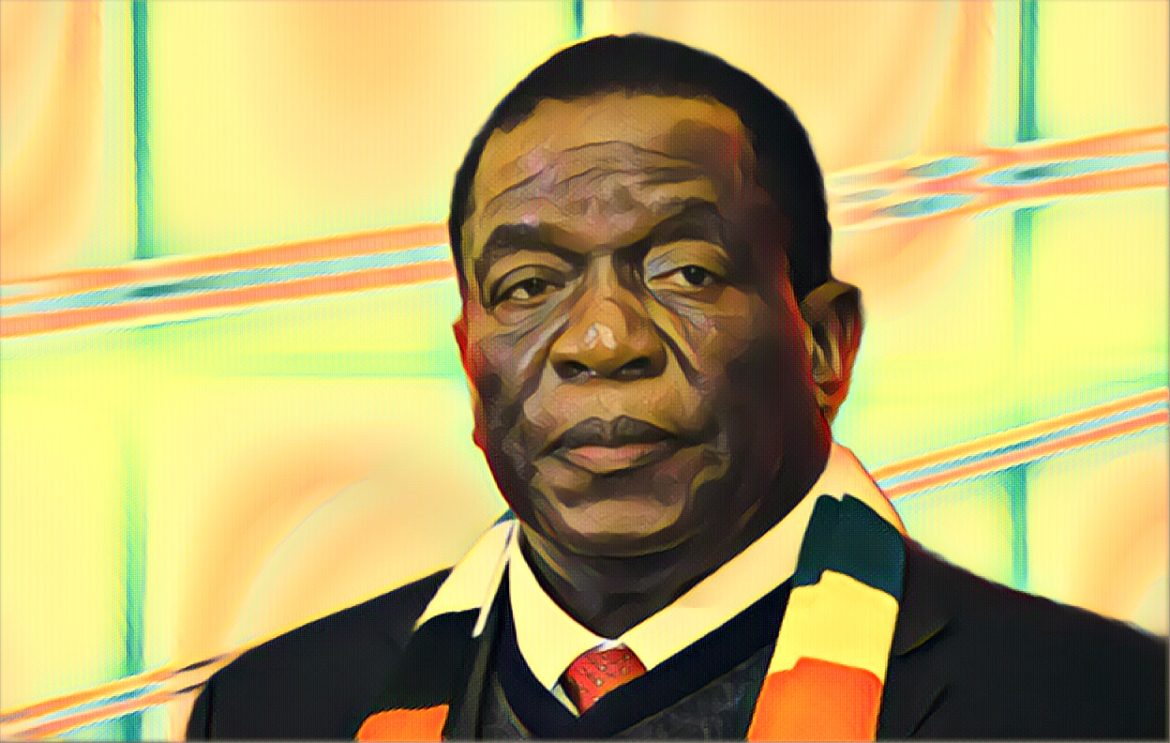President Emmerson Mnangagwa has declared that he will not extend his stay, despite a strong push by his loyalists for him to remain in office under the ” ED2030 ” banner. Critics, however, believe that he has no intention of stepping down when his presidential term ends and that he is exploring ways to extend his tenure.
This controversy was highlighted during an X-Space debate titled “Mnangagwa Succession: Is the ED2030 Campaign Dead in the Water?” organized by NewsDay. The discussion saw political opponents and critics express their skepticism about Mnangagwa’s intentions.
Mnangagwa recently stated he would not extend his stay, despite loyalists pushing for him to remain in office. MDC-T leader Douglas Mwonzora argued that Mnangagwa never explicitly committed to stepping down as President, only mentioning his party leadership. “The opinion is that President Mnangagwa said, ‘I am not going to run for a third term as Zimbabwean President.’ That is not what President Mnangagwa said,” Mwonzora stated.
“He said he would not stand again as Zanu PF president. He did not talk of the national presidency, and this is where people are being misled. If the President meant he was ruling out running for the national presidency, he would have said so. It is not necessary to be the president of a political party to be elected president of a country,” Mwonzora explained.
Former Foreign Affairs minister Walter Muzembi, who was exiled during the November 2017 military coup that deposed Robert Mugabe, echoed Mwonzora’s sentiments. Muzembi suggested Mnangagwa’s statements were not genuine. “Mnangagwa has cleverly punctured the ball, so we are playing a deflated ball, because he has taken the steam out of the debate by announcing that he will abide by the Constitution and depart by 2028,” Muzembi said.
However, the underlying politics suggest a different scenario. “The politics speaks to a different ball game. Two fundamental questions arise whenever an extension is sought, whether legal or illegal and in this case, unconstitutional,” he added.
“The questions to ask are: Are we enjoying and satisfied with the incumbent’s tenure to the extent that we seek to extend his term? Secondly, does he have unfinished business beyond 2028 meriting an extension?” Muzembi concluded.
Zanu PF information director Farai Marapira dismissed the idea that Mnangagwa would cling to power. He emphasized Zanu PF’s culture of internal democracy, led by a leader committed to moving the party away from past transgressions. “My President has spoken, not just last week, as Mr. Muzembi is unfortunately saying. He is not interested in a third term. Our internal democracy allows people to speak their minds,” Marapira said.
Zimbabweans remain skeptical of Zanu PF’s promises. Political analyst Effie Ncube highlighted the party’s history of inconsistent behavior. “For Zanu PF, it has never passed on power from one leader to another peacefully through a congress while the other leader is still in office. That has never happened since 1980. It is important that they do so,” Ncube noted.
“As a country, we have never done that either. It is important that we do so. This is the legacy that will live longer. It is crucial that we learn a new way of passing power from one leader to another peacefully, as outlined in the Constitution of Zimbabwe,” Ncube added.
The debate over Mnangagwa’s future and the ED2030 campaign has intensified discussions about Zimbabwe’s political landscape. Critics and opponents remain wary of Mnangagwa’s true intentions, while the ruling party insists on a commitment to democratic principles. As Zimbabwe approaches the end of Mnangagwa’s term, the nation’s political future hangs in the balance, with calls for transparency and adherence to the Constitution growing louder.
Source: Newsday


